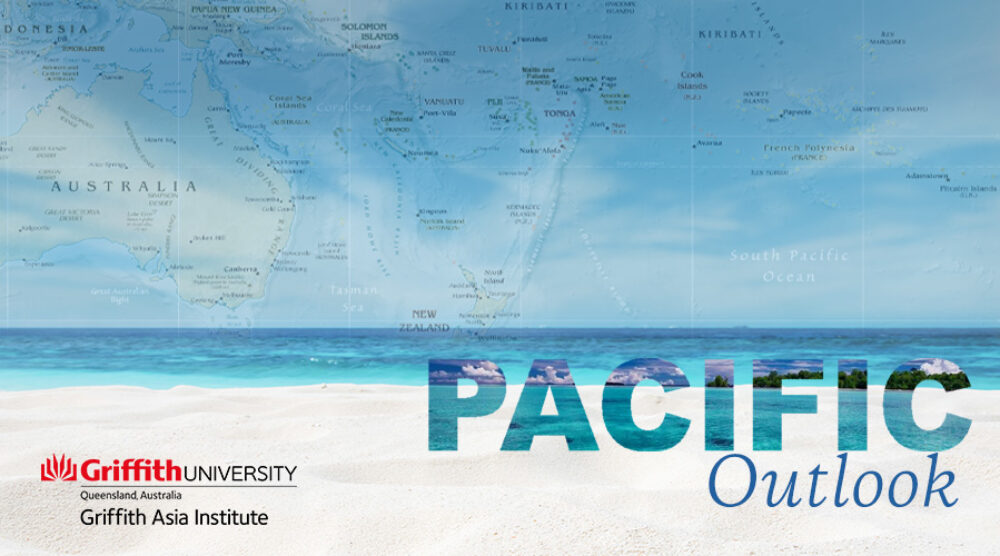COVID-19 vaccine concerns in Papua New Guinea
The race to find a vaccine for COVID-19 and the attendant geopolitical posturing has found its way to Papua New Guinea. The Chinese state owners of Ramu Nickel mine wrote to the Papua New Guinea authorities to advise that almost 50 workers who were scheduled to arrive in the country to work at the Madang site had been ‘vaccinated’ prior to departure.
The State of Emergency Controller, Commissioner David Manning, immediately ordered that the plane carrying these workers was not to land in the country. A new measure introduced under the country’s Pandemic Act prohibits any trials of vaccines in PNG. The authorities have also confirmed that people who claim to have been vaccinated are still required to undergo all quarantine measures on arrival into the country.
Previously, the Global Times reported that Chinese vaccines would be trialled on members of the military and people who would be working overseas.
High level visits to Pacific island countries
Despite closed borders, reduced flights and global slowdown, the work of diplomats and geo-politicians must go on.
The Foreign Minister of Japan visited Papua New Guinea as part of a multi-country tour that also included Cambodia, Laos and Myanmar. Minister Toshimitsu Motegi said that his country was ready to support Papua New Guinea in its recovery from COVID-19. The Minister and Prime Minister James Marape of PNG signed a ‘statement of intent’ as a political commitment to greater bilateral engagement between their countries.
Meanwhile, from the USA, James Esper (US Secretary of Defense) is expected to visit Palau on August 28th en route to Guam where he is scheduled to meet with his Japanese counterpart. However, the details—and indeed the fact—of this visit have been kept from the population of Palau. A press release from Mr Esper’s department has provided a small amount of information about the visit.
Bougainville polls progressing
Voting in the Bougainville elections is almost complete. The polling period was extended to three weeks to accommodate arrangements that addressed the need for COVID-19 management. However, authorities say that the process has progressed more quickly than expected and that counting will be able to begin ahead of the scheduled September 2 start date.
The voting appears to have gone well overall. There have been some complaints about alleged foul play by a number of candidates. They have appeared on social media rather than being made in formal terms to the electoral authorities.
The new government in Bougainville will be responsible for guiding the process following last year’s overwhelming vote for independence in the referendum. This includes negotiations with the government of Papua New Guinea. The results of the independence referendum have to be ratified by the Parliament of PNG under the terms of the Bougainville Peace Agreement.
Pacific labour mobility restart given the green light
At last week’s meeting of National Cabinet in Australia, it was agreed that Pacific workers could resume participation in both the Seasonal Workers’ Program and the Pacific labour Scheme. This is in response to lobbying by the agricultural sector about the impact of serious labour shortages on their ability to harvest crops and maintain supply chains to retailers.
This restart requires each state or territory to opt in individually and also depends on the willingness of Pacific island countries to recommence participation. Vanuatu has led the way with agreeing to deploy 170 workers to the Northern Territory to help with the mango harvest.
How this plays out will provide an important stress test for the Morrison government’s Pacific ‘Step-Up’, including how it intersects with key aspects of domestic policy.
New Pacific focused legislation proposed by US caucus
In the United States, the Congressional Pacific caucus has put forward proposed legislation. The caucus is led by Congressman Ed Case who is a democratic representative from Hawai’i.
The proposed legislation is entitled the ‘Boosting Long-term US Engagement in the Pacific Act’, also known as the BLUE Pacific Act. Its aim is to expand and deepen US engagement with the Pacific islands region across numerous sectors, including defence, trade, and people to people links.
Congressman Case, on introducing this legislation, said that it was based on three pillars: security, development, and shared values.
The work of this bipartisan caucus and the introduction of this legislation forms part of a wider shift in focus on the part of US policy makers who are looking to develop a greater understanding of the Pacific islands region.
Tess Newton Cain is an Adjunct Associate Professor at the Griffith Asia Institute and project lead of the Pacific Hub.








